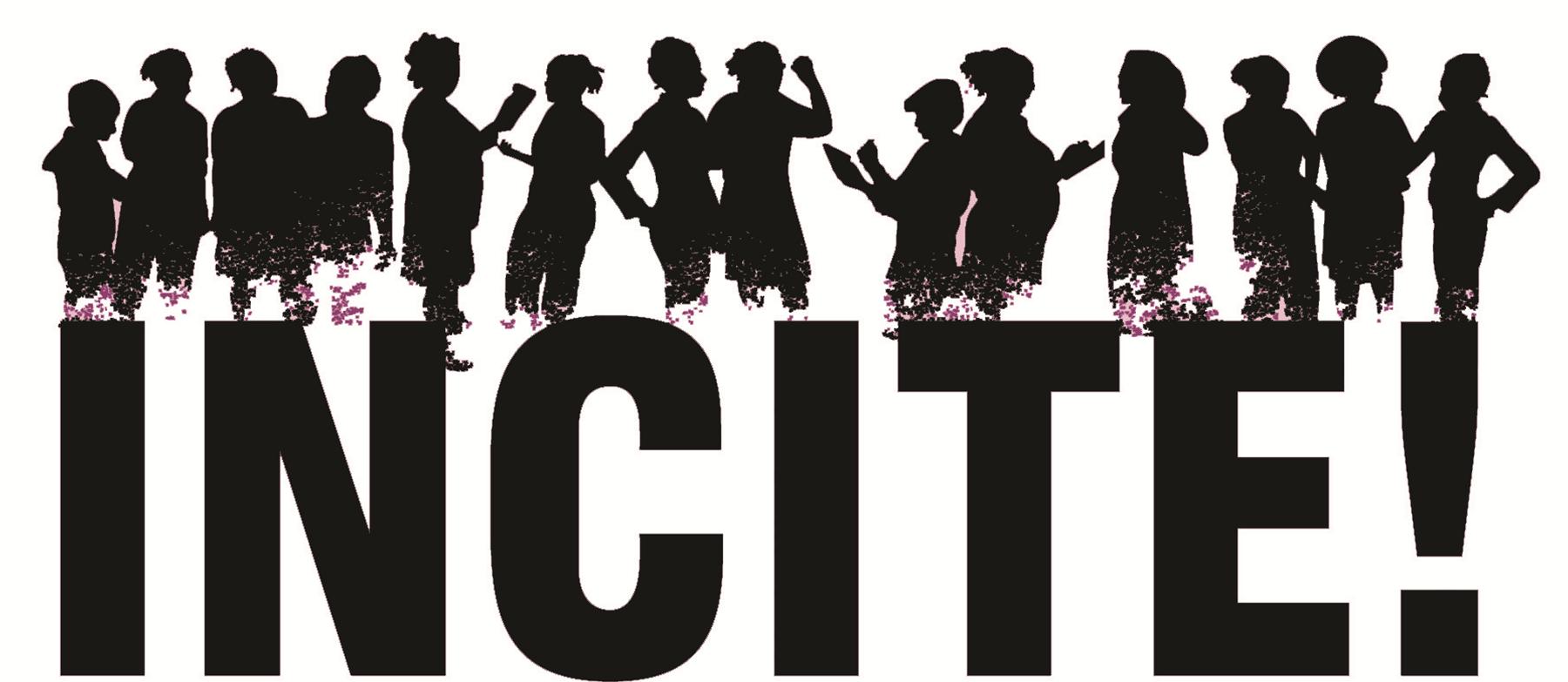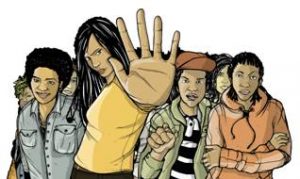Disaster & Law Enforcement Violence
The day after Hurricane Katrina struck, 73-year old Merlene Maten, an African American grandmother and church elder who had evacuated to a hotel in the New Orleans suburb of Kenner, Louisiana following the flooding of her home in the city, was handcuffed and arrested for “looting” by local police. As a Black woman taking shelter from the storm in a predominantly white suburb, she was profiled by police as having committed or participated in a break-in at a nearby deli when in fact, at the time of her arrest, she was retrieving food she had brought with her from her car. Witnesses confirm that Ms. Maten never entered the store in question. Although witnesses tried to explain the situation to police, the officers refused to listen and characterized the women as “emotional.” Ms. Maten was held for over 16 days, first in the local jail, and then in the state penitentiary, on charges that she took $63.50 in food from the deli.
In the days following the devastation of Hurricane Katrina and its aftermath, Sharlie Arpollo Vicks, a Black transgender woman from New Orleans, was arrested and jailed for six days for using the women’s shower at a Texas evacuation center.
Police violence & Hurricane Katrina
In 2005, images of thousands of New Orleans residents, the majority of whom were low income women of color and their children, elders, and others, unable, due to poverty, to leave the city before Hurricane Katrina struck, abandoned by our government – were quickly followed by images of law enforcement violence and abuse of individuals struggling to survive under the horrifying conditions that prevailed in the city in the days, months, and now years following the hurricane.
In the initial days following Hurricane Katrina, thousands of members of the National Guard and federal troops were mobilized in the state, along with members of local law enforcement agencies from across the country who were temporarily deputized by the Governor. These officers and troops quickly established militarized zones in the city, in which individuals, desperate for basic necessities like food and water, were routinely verbally abused and threatened with use of lethal force for seeking out food, water and clothing from local area businesses, and often violently arrested and detained.
In the years since the devastation that followed Hurricane Katrina, abusive policing and criminalization have continued unabated in New Orleans: in schools, immigration enforcement, public housing, and mental health. Abusive policing and criminalization also extend to healthcare, neighborhood planning, black motherhood, gender identity and expression, and reproductive legislation. In this current climate, people of color, particularly those who are women, queer, women, low-income, and/or with mental health needs, have become socially marked as “criminal” and undeserving of civil, political, and human rights – thus increasing their vulnerability to police brutality and violence by the military forces that continue to occupy the city, poverty, further criminalization, and continual displacement from and within the city.
Download full fact sheet on disaster & law enforcement violence (PDF)

